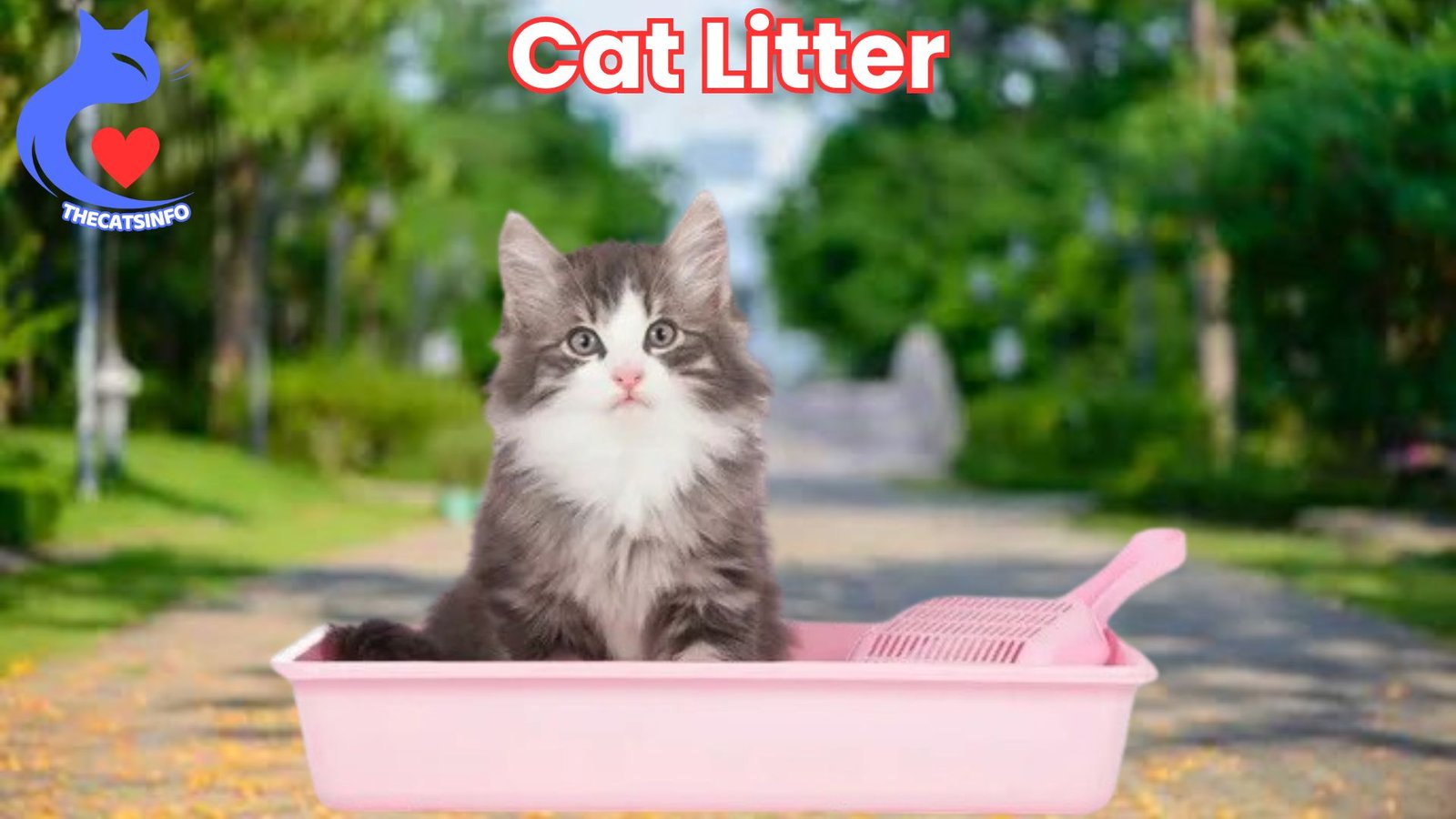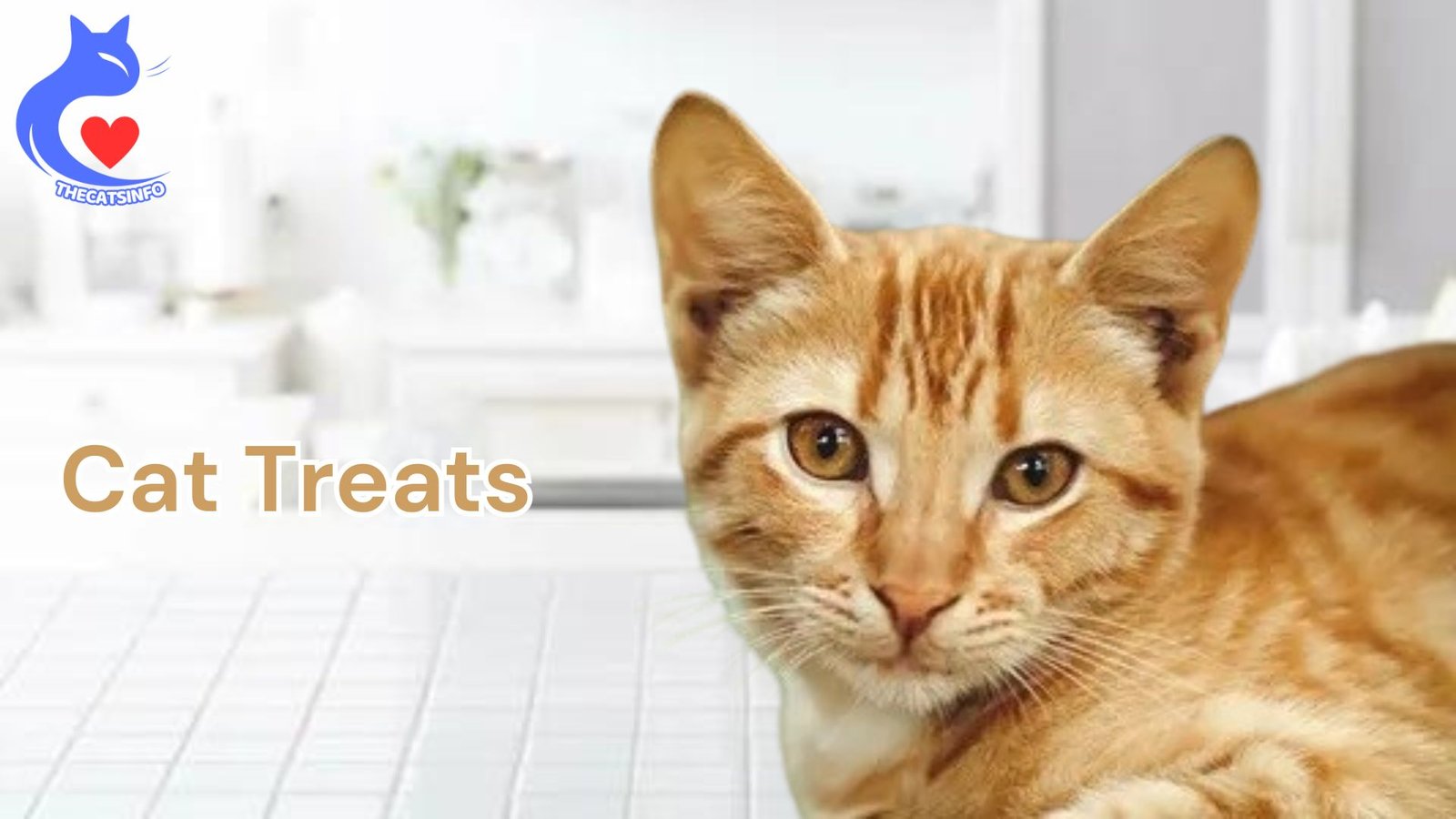Cat Litter: Though a necessary aspect of cat ownership, can sometimes be a source of frustration for pet owners. However, with the right approach and understanding, managing your cat’s litter box habits can be a smooth and stress-free experience. In this guide, we’ll explore everything you need to know about cat littering, from choosing the right litter to addressing common problems and solutions.
Importance of Choosing the Right Cat Litter
Types of Cat Litter
Equally important, Cat litter comes in various types, including clay, clumping, silica gel, and natural options like wood pellets or recycled paper. Each type has its advantages and considerations, such as odor control, dustiness, and environmental impact.
Factors to Consider
When selecting cat litter, factors such as your cat’s preferences, any existing medical conditions, odor control capabilities, and ease of cleaning should be taken into account. Experimenting with different types may be necessary to find the best fit for your cat and household.
Setting Up a Cat Litter Box
Location
In addition, Choosing the right location for your cat’s litter box is essential for their comfort and convenience. Opt for a quiet and accessible area away from high-traffic areas and cat food and water bowls to ensure privacy and reduce stress.
Size
Therefore, The size of the litter box should be appropriate for your cat’s size and breed, allowing ample space for them to comfortably turn around and dig. Multiple litter boxes may be necessary for households with multiple cats to prevent competition and territorial issues.
Cleaning Routine
Establishing a regular cleaning routine is crucial for maintaining a hygienic litter box environment and preventing odor buildup. Scoop the litter box daily, replace the litter as needed, and deep clean the box with mild soap and water weekly.
Training Your Cat to Use the Litter Box
Positive Reinforcement
Encouraging your cat to use the litter box through positive reinforcement techniques such as praise, treats, and gentle guidance can help establish good litter box habits. Avoid scolding or punishing your cat for accidents, as this may create fear or anxiety.
Consistency
Consistency is key when it comes to litter box training. Ensure that the litter cat box is easily accessible and consistently maintained to reinforce the desired behavior and prevent accidents.
Patience
Litter box training may take time and patience, especially for kittens or cats with previous negative experiences. Be patient and understanding, and provide plenty of encouragement and support throughout the training process.
Common Cat Littering Problems
Avoidance
Cat litter box avoidance may occur due to factors such as dirty litter boxes, litter type preferences, or underlying medical issues. Observing your cat’s behavior and addressing any potential stressors or discomfort is crucial for resolving avoidance issues.
Inappropriate Elimination
Inappropriate elimination, such as urinating or defecating outside the litter box, can be a sign of underlying medical problems or behavioral issues. Consulting with a veterinarian to rule out any medical concerns and implementing behavior modification techniques may be necessary to address this issue.
Medical Issues
Medical conditions such as urinary tract infections, bladder stones, or arthritis can affect a cat’s ability to use the litter box properly. Regular veterinary check-ups and prompt treatment of any medical issues are essential for maintaining your cat’s litter box habits.
Solutions to Cat Littering Issues
Identifying and addressing potential stressors in your cat’s environment, such as changes in routine, new pets, or household conflicts, can help alleviate litter box problems. Providing a calm and stable environment is essential for promoting good litter box habits.
Trying Different Cat Litter Types
Experimenting with different litter types and textures can help accommodate your cool cat preferences and sensitivities. Offering a variety of options and observing your cat’s reaction can help determine the best litter for their needs.
Consulting a Veterinarian
Therefore, If litter box problems persist despite your best efforts. Consulting with a veterinarian is recommended to rule out any underlying medical issues. Your vet guide on potential treatments or management strategies to address the problem effectively.
FAQs
How often should I clean my cat’s litter box?
It’s recommended to scoop the litter box at least once daily and perform a thorough cleaning with mild soap on and weekly basis to maintain a clean and hygienic environment for your cat.
What should I do if my cat refuses to use the litter box?
If your cat is avoiding the litter box, consider potential stressors or discomfort in their environment and address them accordingly. Consulting with a veterinarian can help rule out any medical issues contributing to the problem.
Can I use scented litter to control odors?
While scented litter may help mask odors, some cats may be sensitive to strong fragrances. It’s important to consider your cat’s preferences and sensitivities when selecting litter and opt for unscented options if necessary.
My cat is urinating outside the litter box. What could be the cause?
Inappropriate elimination can be caused by medical issues such as urinary tract infections or behavioral problems such as stress or anxiety. Consulting with a veterinarian is recommended to determine the underlying cause and appropriate treatment.
Are there any alternative litter box options for cats with mobility issues?
Yes, there are alternative litter box options available, such as low-entry or ramp-accessible litter boxes, to accommodate cats with mobility issues. Providing easy access to the litter box is essential for maintaining good litter box habits in these cases.
Conclusion
Finally, Cat littering is a fundamental aspect of cat ownership that requires careful consideration and attention to ensure your feline friend’s health and well-being. By choosing the right litter, setting up a suitable litter box environment, and employing positive reinforcement techniques, you can effectively manage your cat’s litter box habits and enjoy a harmonious relationship with your furry companion.




